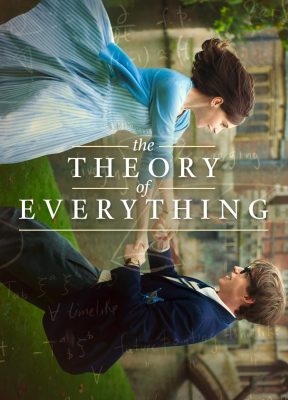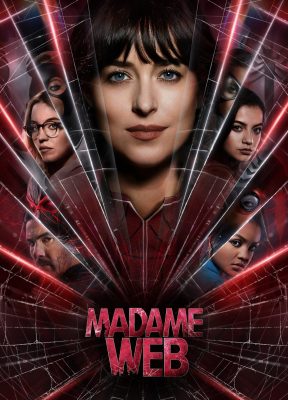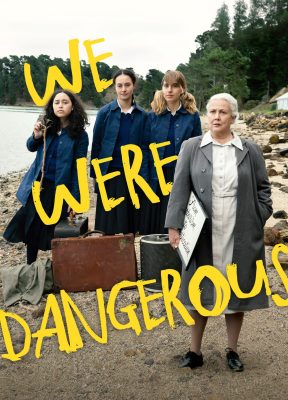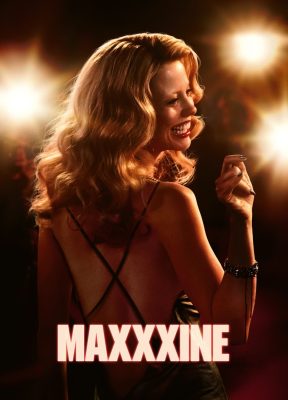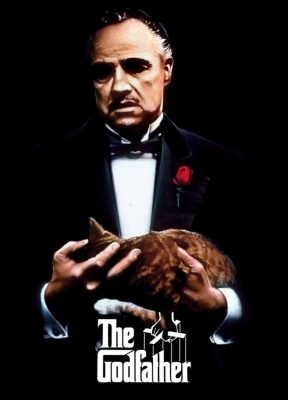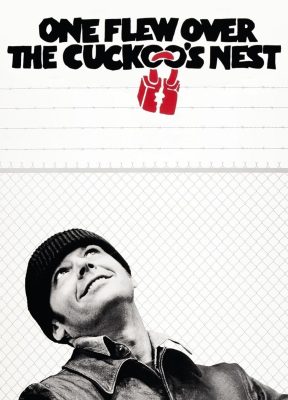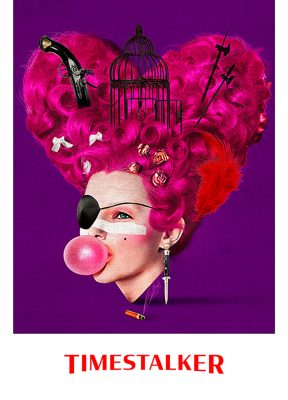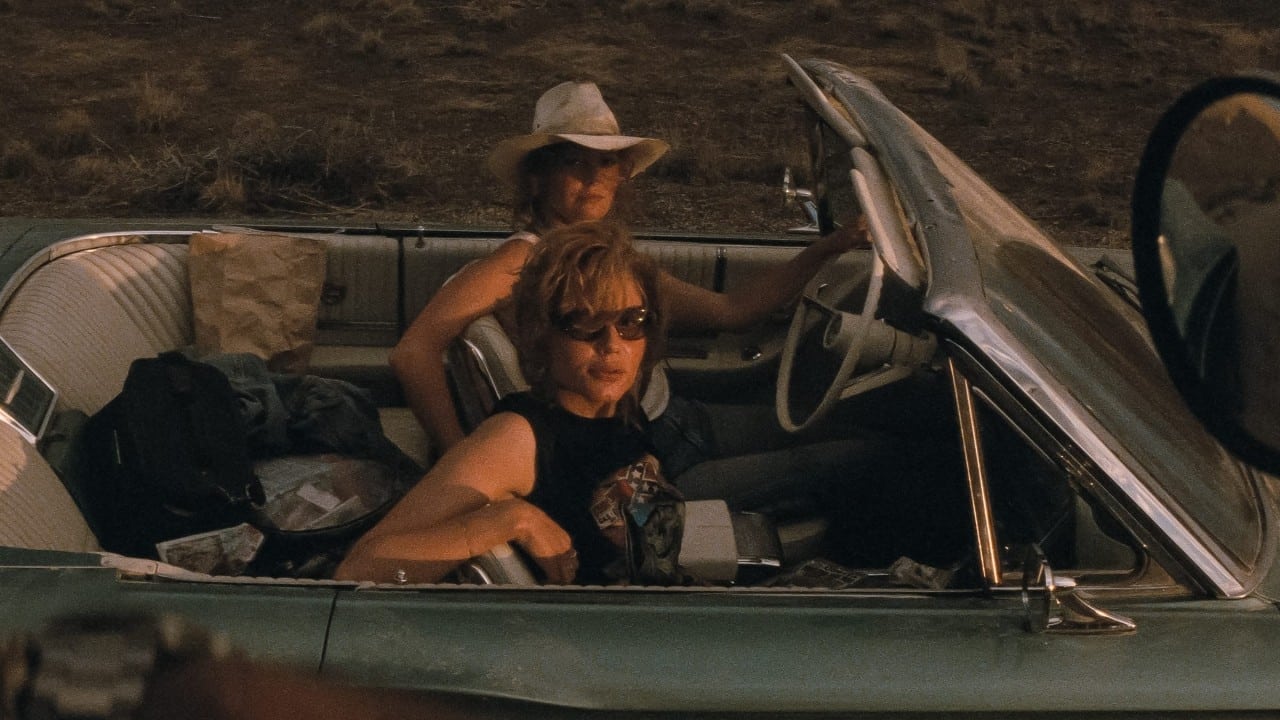
Top 10 Films Featuring Strong Female Leads
In a film industry historically dominated by male protagonists, the emergence of strong female leads has not only challenged stereotypes but reshaped storytelling. These characters, ranging from warrior queens to determined activists, prove that strength comes in many forms—intellect, resilience, compassion, and defiance. This article explores ten films where women take center stage, driving narratives with grit, agency, and unyielding courage. These stories transcend genre and era, offering inspiration and redefining what it means to be a hero.
(Spoiler alert: Key plot points and themes discussed.)
1. Alien (1979)
Director: Ridley Scott
Lead: Ellen Ripley (Sigourney Weaver)
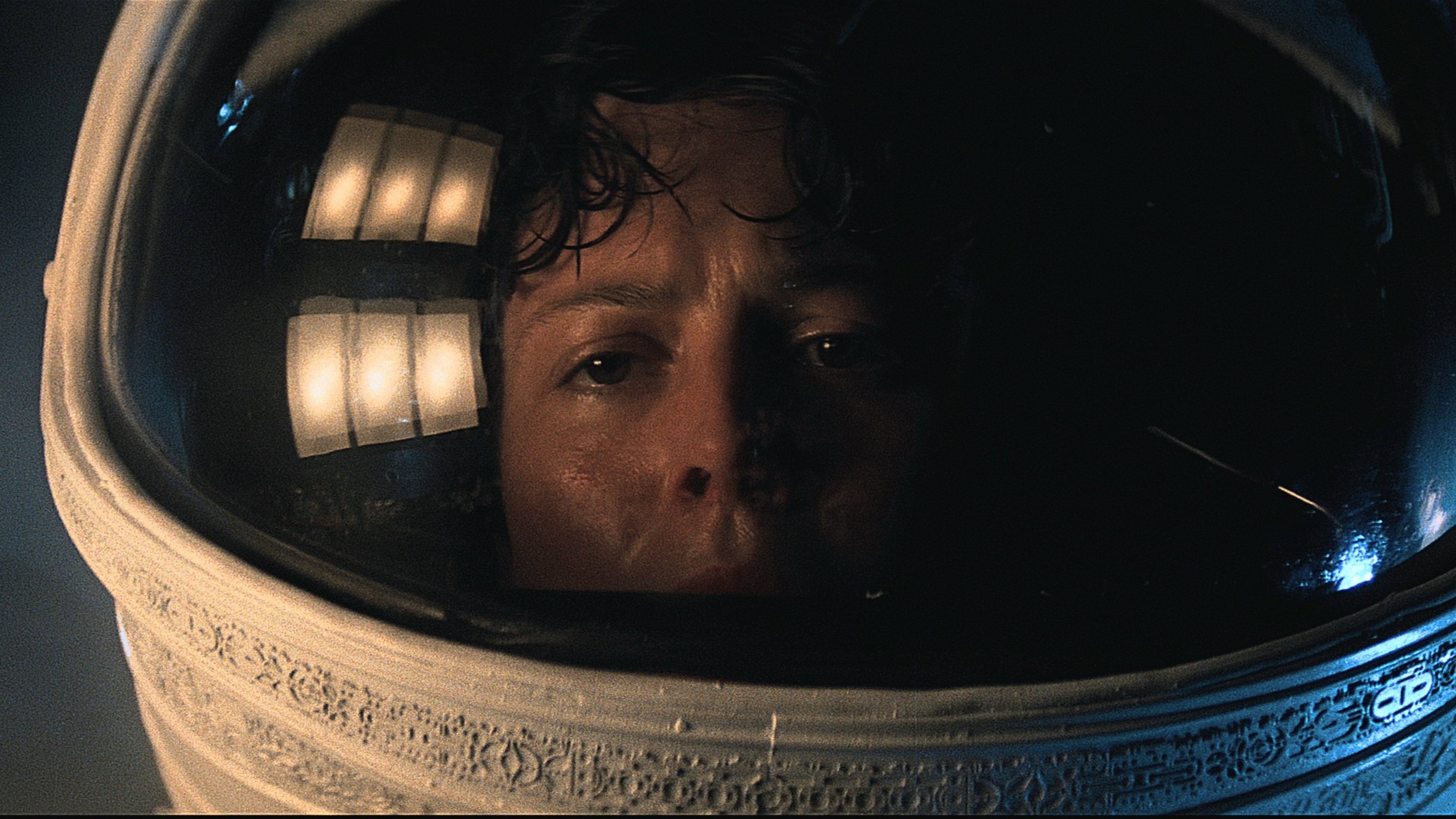
The Story: When a deadly extraterrestrial infiltrates the spaceship Nostromo, warrant officer Ripley emerges as the crew’s voice of reason. After her teammates are picked off one by one, she outsmarts the creature and escapes with her cat, Jonesy—only to face the alien again in a nail-biting finale.
Why She’s Iconic: Ripley shattered the “final girl” trope by combining strategic brilliance, physical endurance, and emotional depth. She wasn’t sexualized or sidelined; her leadership felt earned. Sigourney Weaver’s performance redefined women in sci-fi, proving they could anchor action blockbusters.
Legacy: Alien spawned a franchise and inspired generations of female protagonists, from Sarah Connor to Katniss Everdeen. Ripley remains a gold standard for feminist action heroes.
2. Kill Bill: Vol. 1 & 2 (2003–2004)
Director: Quentin Tarantino
Lead: Beatrix Kiddo/The Bride (Uma Thurman)
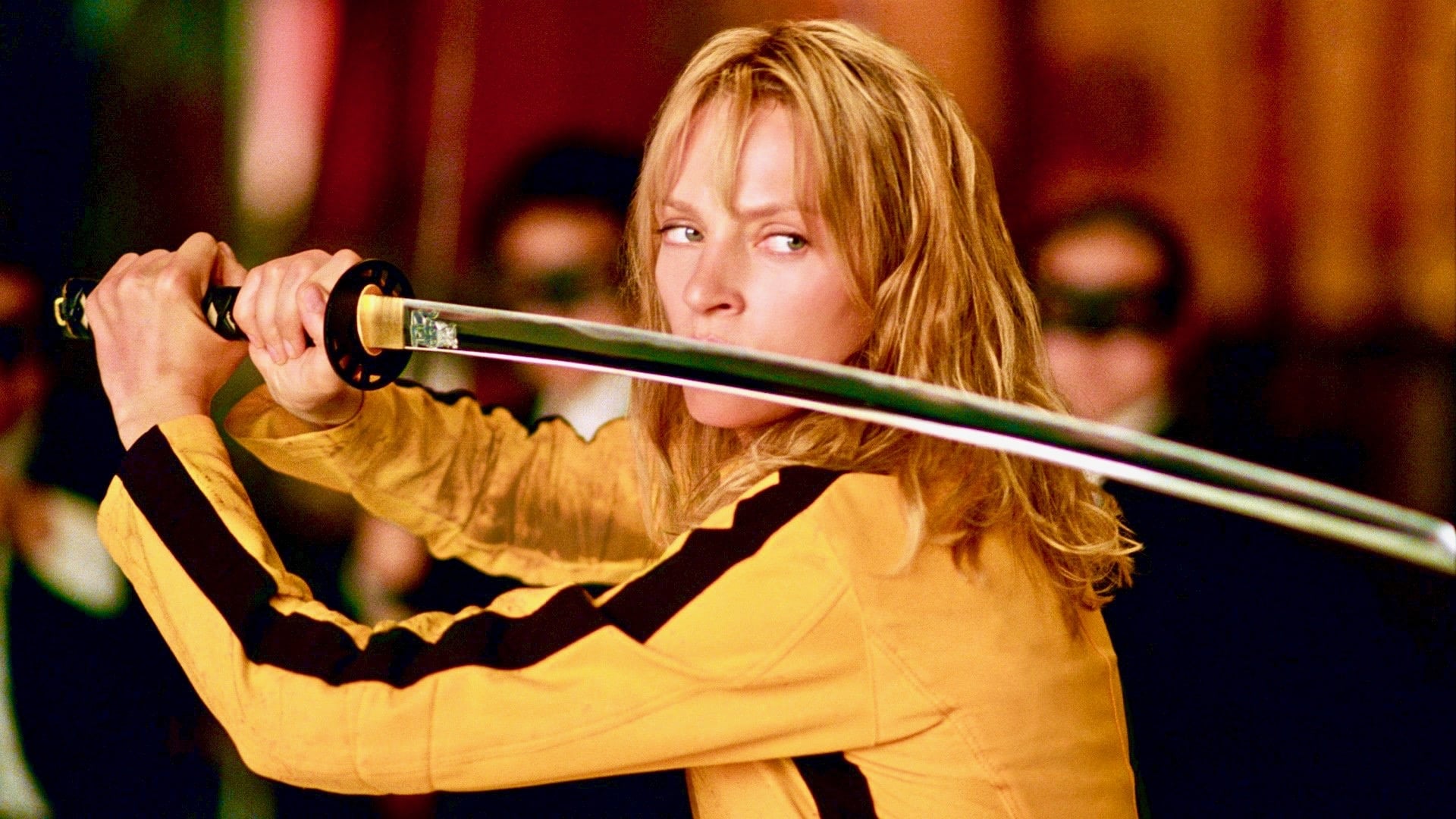
The Story: A former assassin, left for dead on her wedding day by her ex-lover Bill, awakens from a coma and embarks on a roaring rampage of revenge. Her journey takes her from Tokyo nightclubs to Mexican chapels, culminating in a bittersweet confrontation.
Why She’s Iconic: Beatrix is a master of martial arts, swordplay, and sheer willpower. Tarantino subverts the male-centric revenge thriller by centering her rage, trauma, and love for her daughter. Her yellow tracksuit became a symbol of feminist fury.
Legacy: The film’s stylized violence and genre-blending storytelling made it a cult classic, while Beatrix’s complexity paved the way for morally ambiguous female antiheroes.
3. Mad Max: Fury Road (2015)
Director: George Miller
Lead: Imperator Furiosa (Charlize Theron)
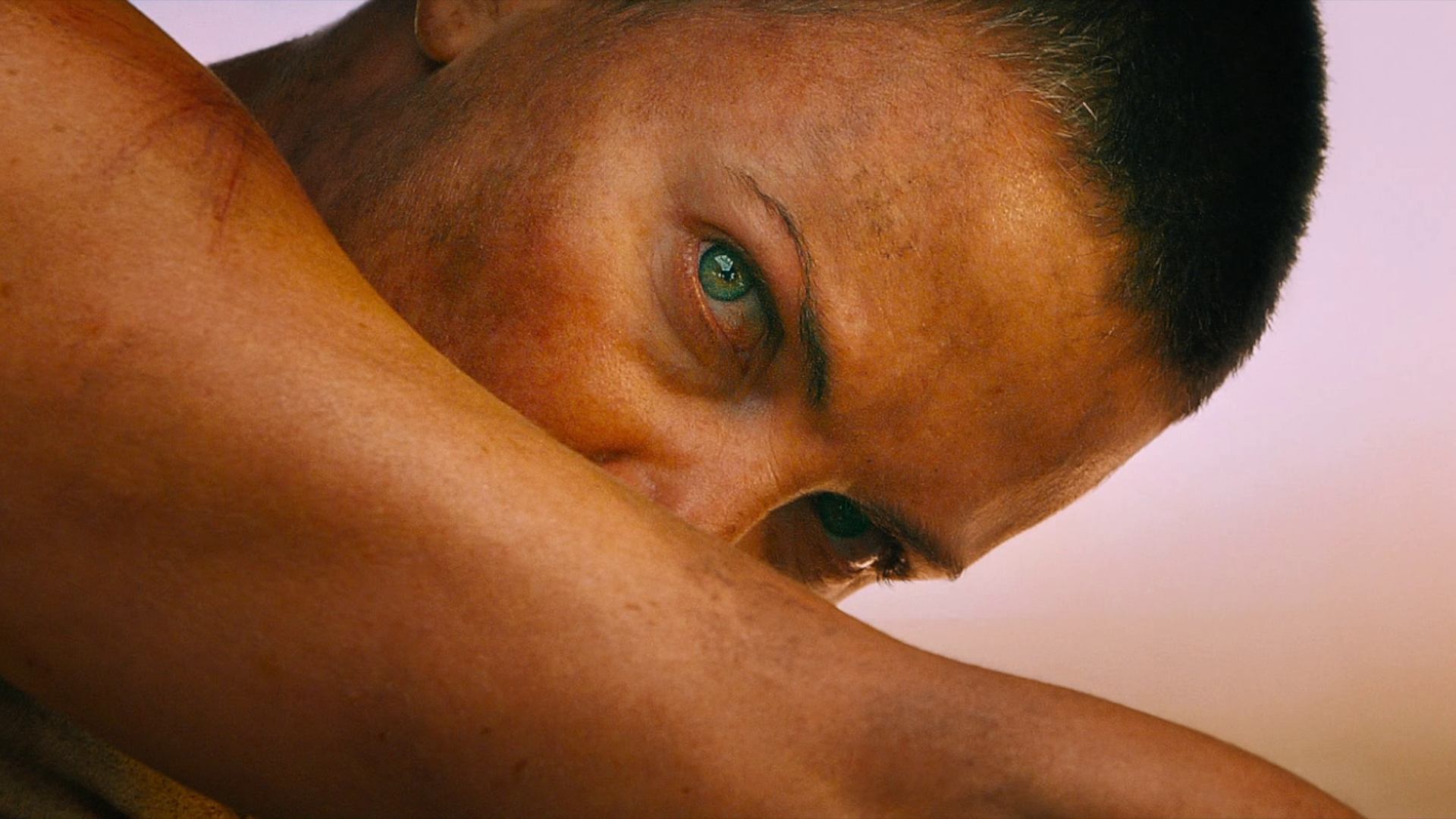
The Story: In a post-apocalyptic wasteland, Furiosa betrays tyrannical warlord Immortan Joe to liberate his enslaved “wives.” With Max Rockatansky (Tom Hardy) as an ally, she leads a high-octane chase across the desert to find a mythical green haven.
Why She’s Iconic: Furiosa is a tactical genius and mechanical savant, her shaved head and mechanical arm radiating defiance. Her mission isn’t just survival—it’s hope. Charlize Theron’s grounded performance humanizes her stoicism, making her rage and vulnerability palpable.
Legacy: The film’s feminist themes (e.g., bodily autonomy, solidarity among women) sparked global discourse, while Furiosa became a symbol of resistance. A prequel focusing on her origin is in development.
4. Wonder Woman (2017)
Director: Patty Jenkins
Lead: Diana Prince (Gal Gadot)
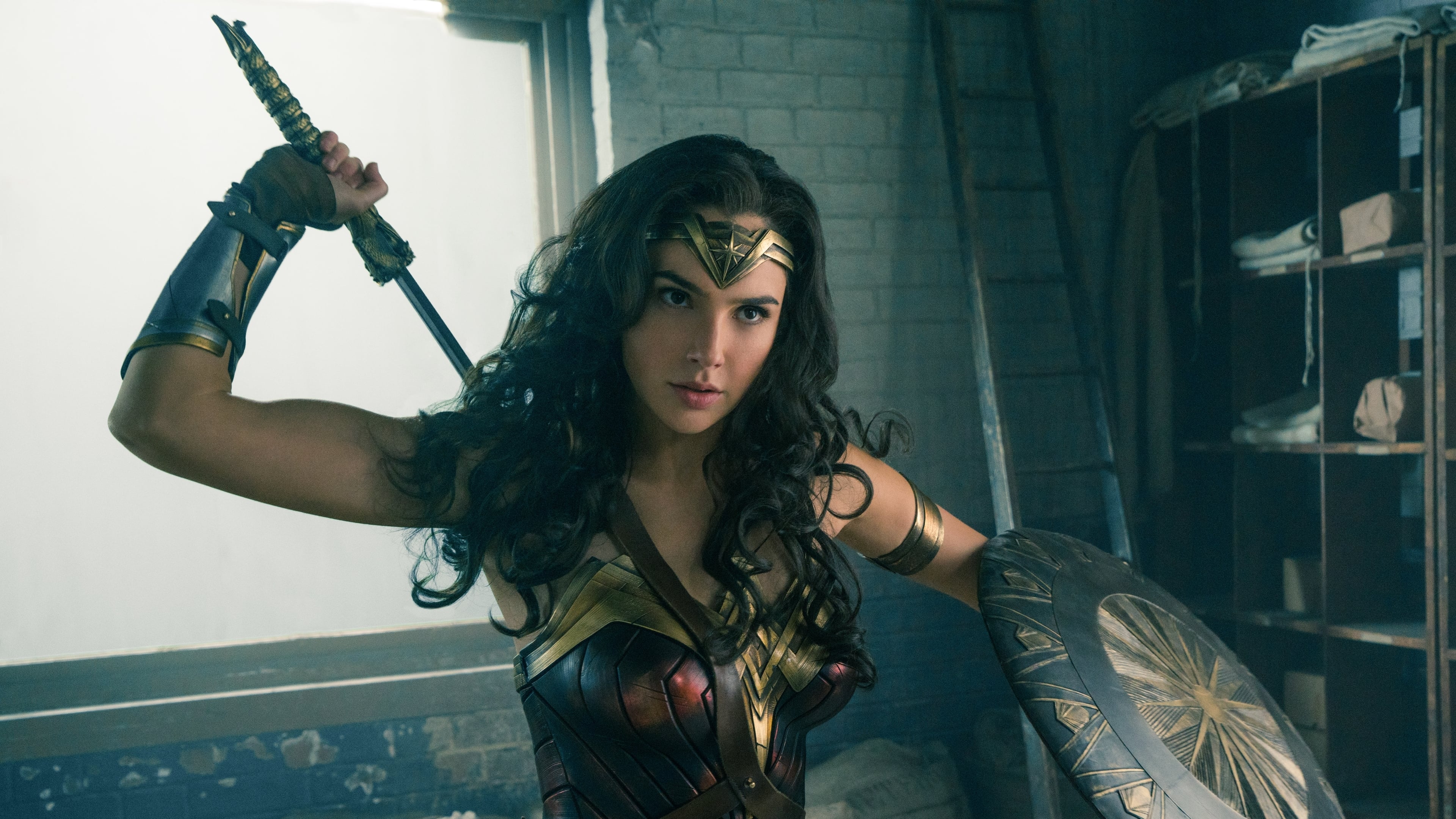
The Story: Diana, an Amazonian warrior, leaves her sheltered island to end World War I. Armed with a lasso of truth and unshakable idealism, she confronts war’s brutality while grappling with humanity’s capacity for good and evil.
Why She’s Iconic: Diana’s compassion is her superpower. She fights not out of vengeance but to protect the innocent, challenging the “dark and gritty” superhero mold. The No Man’s Land scene—where she charges across a battlefield—is a triumph of hope over cynicism.
Legacy: The first female-led superhero film of the modern era, Wonder Woman grossed $821 million worldwide, proving women can headline blockbusters. It reshaped DC’s cinematic universe and inspired young girls to see themselves as heroes.
5. Erin Brockovich (2000)
Director: Steven Soderbergh
Lead: Erin Brockovich (Julia Roberts)
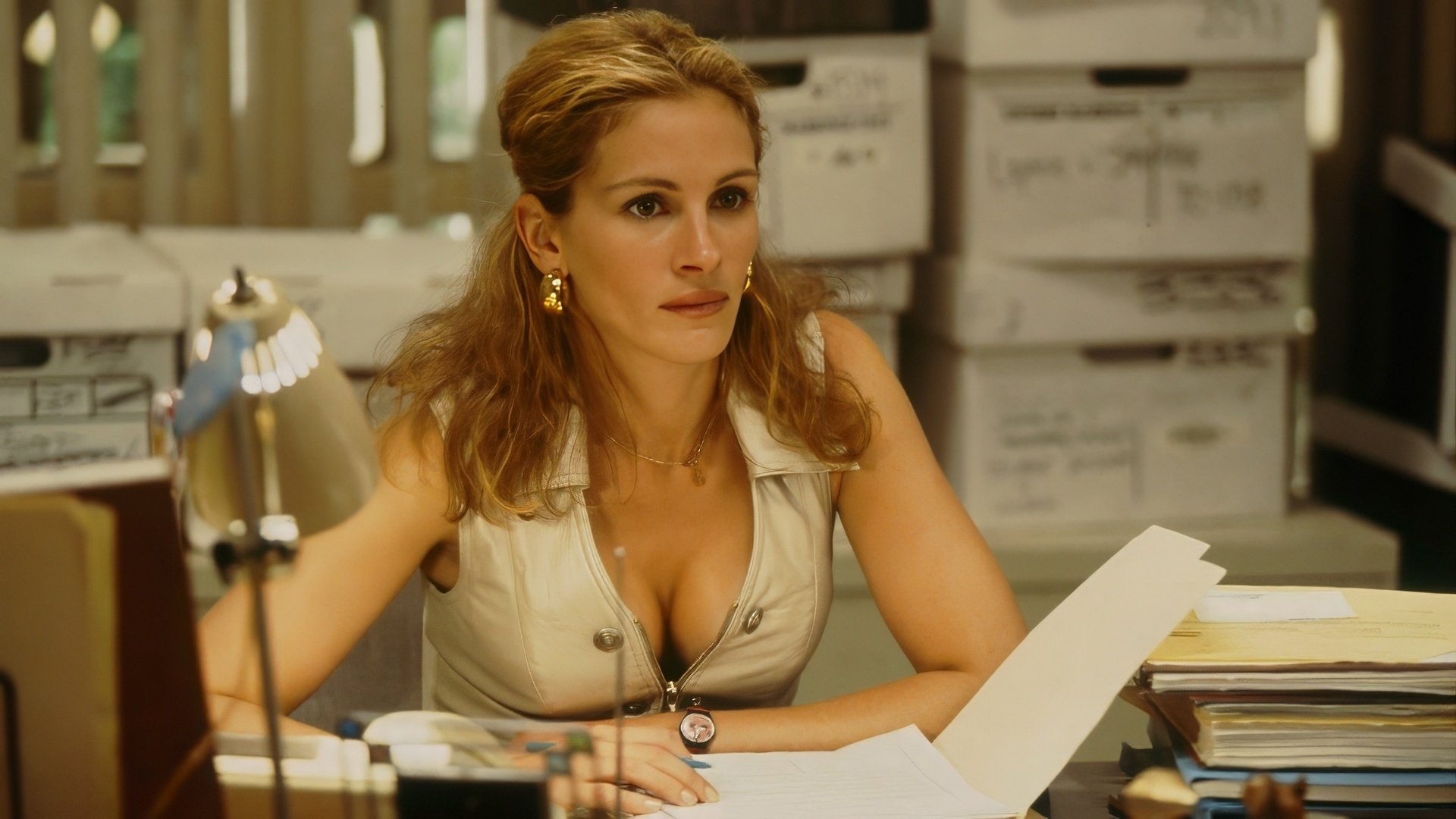
The Story: A single mother with no legal degree takes on a California power company poisoning a small town’s water supply. Armed with tenacity, a sharp tongue, and a closet of miniskirts, she uncovers a corporate cover-up.
Why She’s Iconic: Erin refuses to be underestimated. She uses her femininity as a weapon, disarming skeptics with wit and charm. Julia Roberts’ Oscar-winning performance celebrates blue-collar resilience and the power of persistence.
Legacy: The film elevated public awareness of environmental justice and showcased how marginalized voices can triumph against institutional greed.
6. The Hunger Games Series (2012–2015)
Director: Gary Ross, Francis Lawrence
Lead: Katniss Everdeen (Jennifer Lawrence)
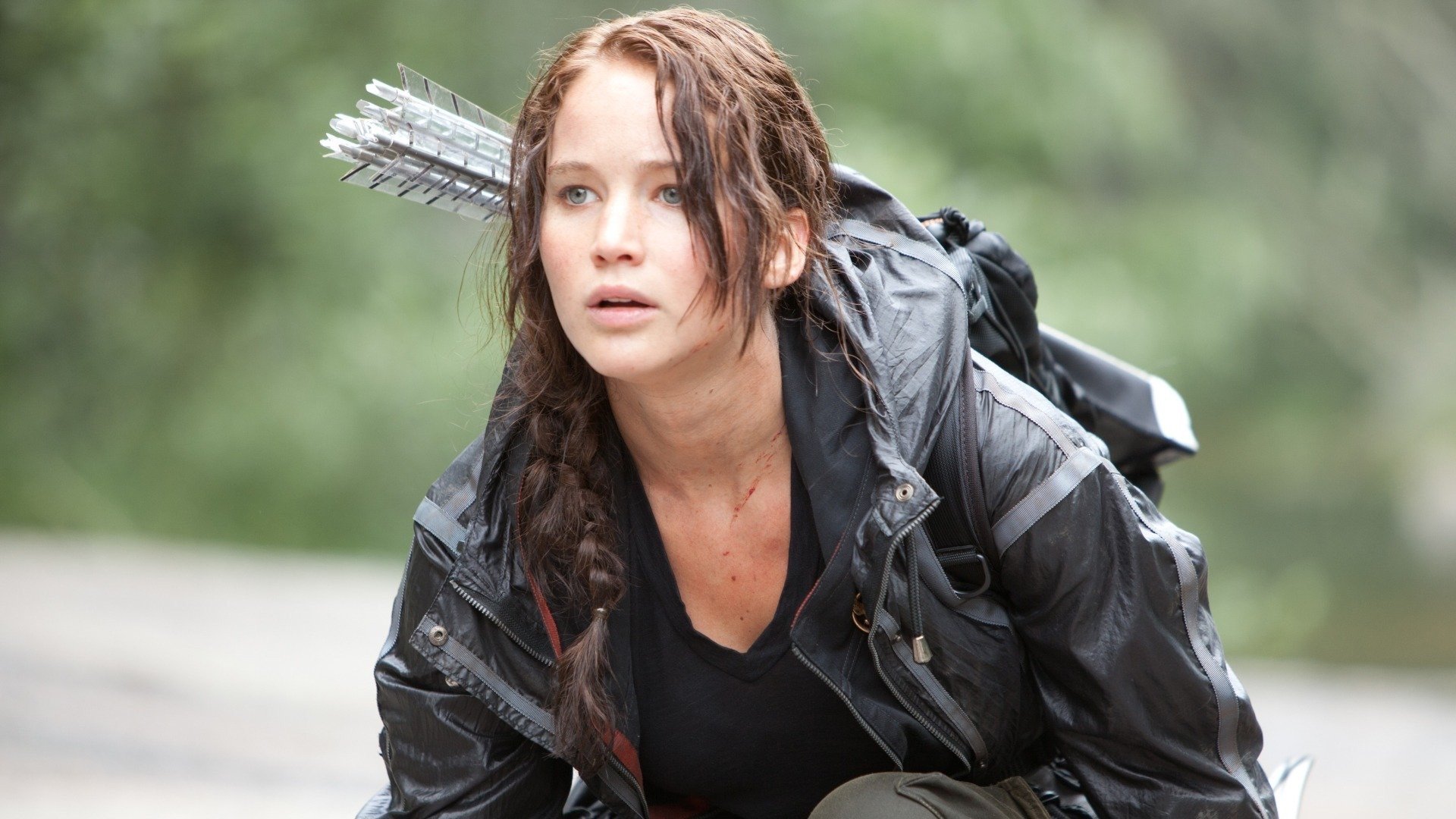
The Story: In a dystopian future, teenager Katniss volunteers for a televised death match to save her sister. Her survival instincts and defiance spark a revolution against a tyrannical regime.
Why She’s Iconic: Katniss is no chosen one—she’s a reluctant leader shaped by trauma and love for her family. Her archery skills and moral ambiguity (e.g., faking a romance for survival) make her fiercely human.
Legacy: The franchise ignited debates about media manipulation and class inequality, while Jennifer Lawrence became a symbol of Gen-Z resilience.
7. Hidden Figures (2016)
Director: Theodore Melfi
Leads: Katherine Johnson (Taraji P. Henson), Dorothy Vaughan (Octavia Spencer), Mary Jackson (Janelle Monáe)
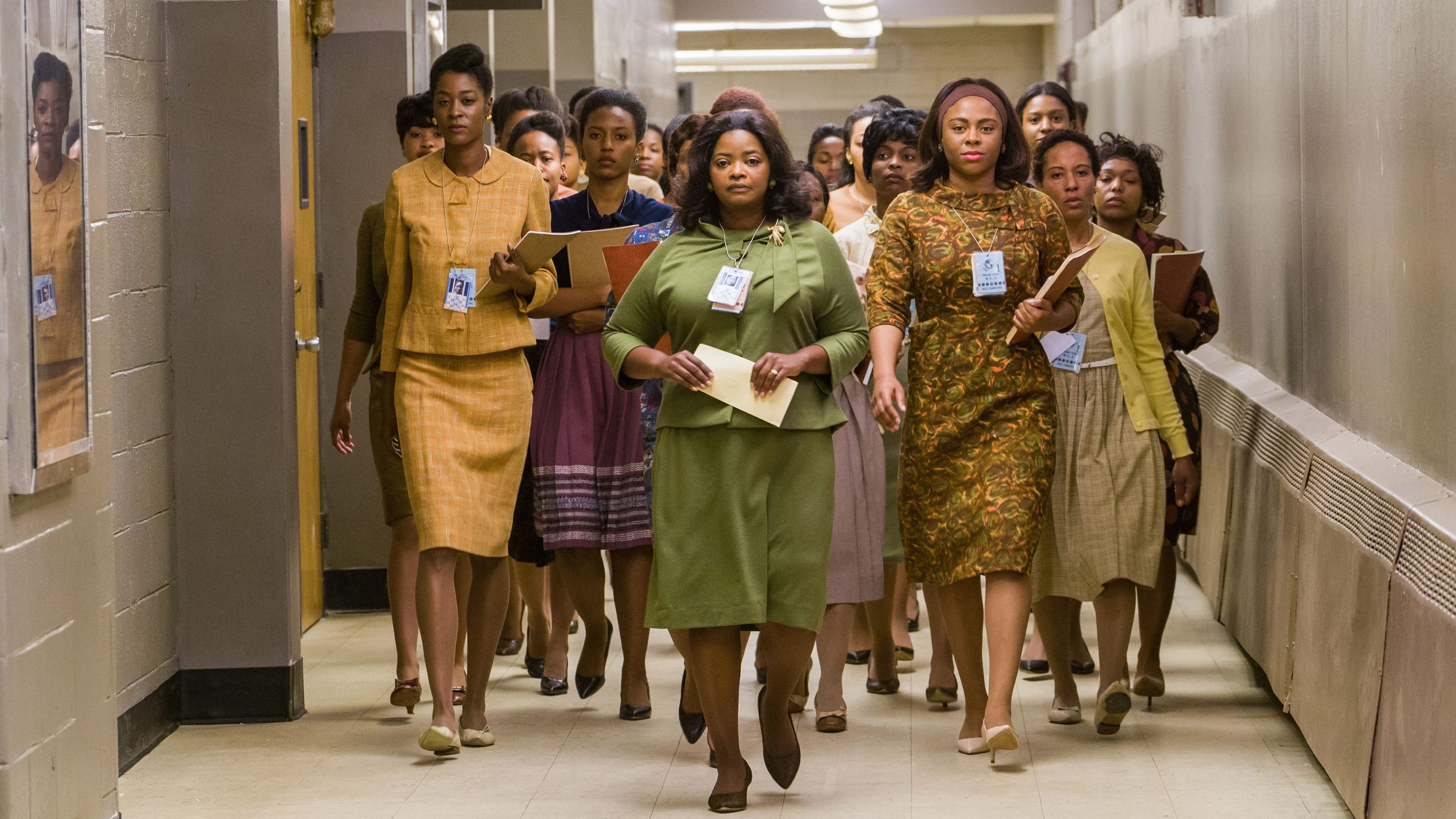
The Story: Based on true events, this film follows three Black female mathematicians at NASA who overcame racial and gender barriers to launch astronaut John Glenn into orbit.
Why They’re Iconic: Katherine’s calculations, Dorothy’s coding prowess, and Mary’s legal battle to become an engineer highlight intellect as resistance. Their camaraderie and quiet determination dismantle systemic racism and sexism.
Legacy: The film shed light on overlooked STEM pioneers, inspiring initiatives to diversify science fields.
8. Frozen (2013)
Directors: Chris Buck, Jennifer Lee
Leads: Elsa (Idina Menzel) and Anna (Kristen Bell)
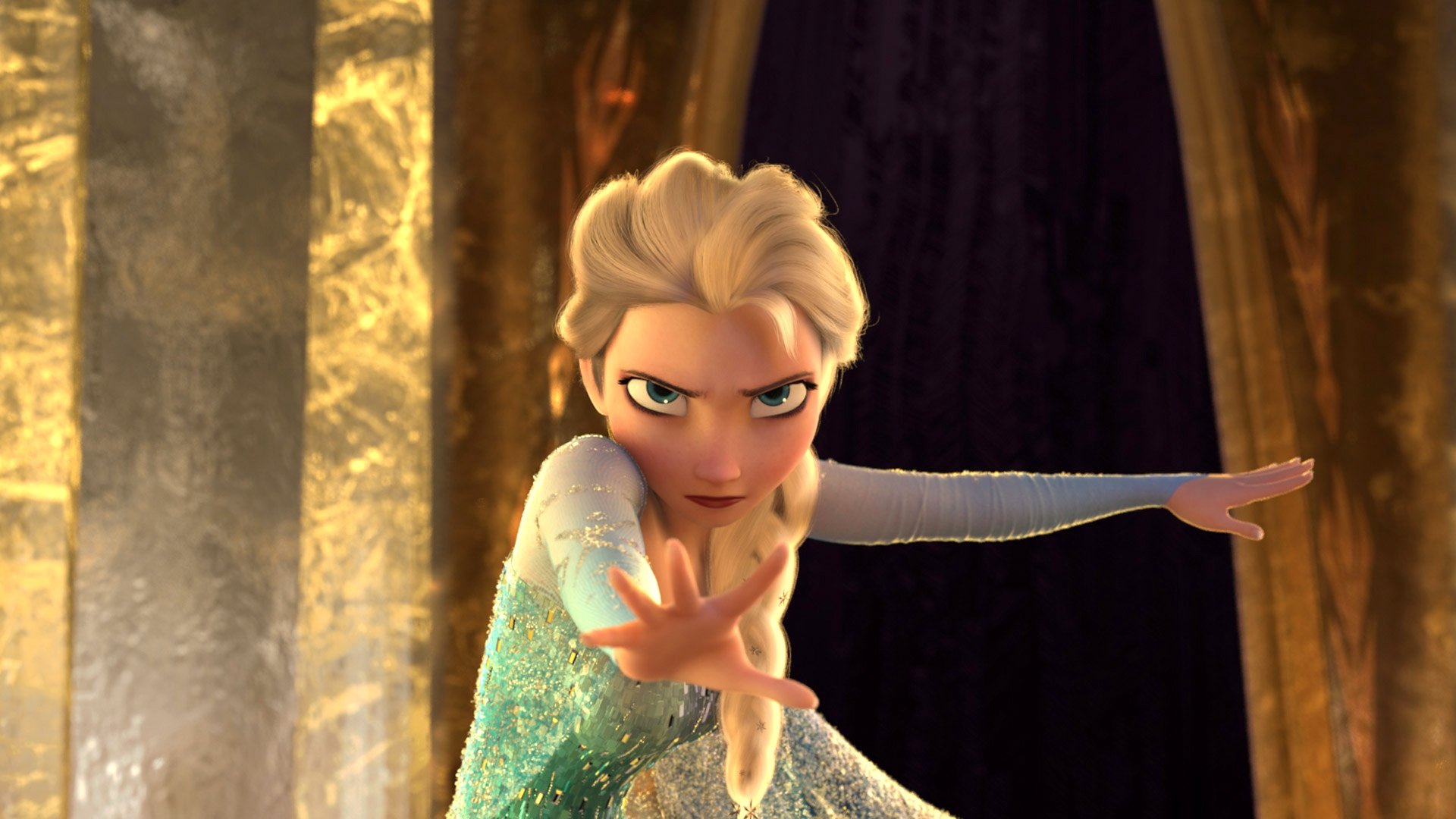
The Story: When Queen Elsa’s ice powers trap their kingdom in eternal winter, her sister Anna embarks on a quest to bring her home. The pair learn that love—not magic—is the key to salvation.
Why They’re Iconic: Elsa’s journey of self-acceptance (“Let It Go”) and Anna’s unwavering loyalty redefine Disney princess tropes. Their bond, not a romantic prince, drives the narrative.
Legacy: Frozen became a global phenomenon, grossing $1.2 billion and sparking conversations about female agency in animation.
9. Legally Blonde (2001)
Director: Robert Luketic
Lead: Elle Woods (Reese Witherspoon)
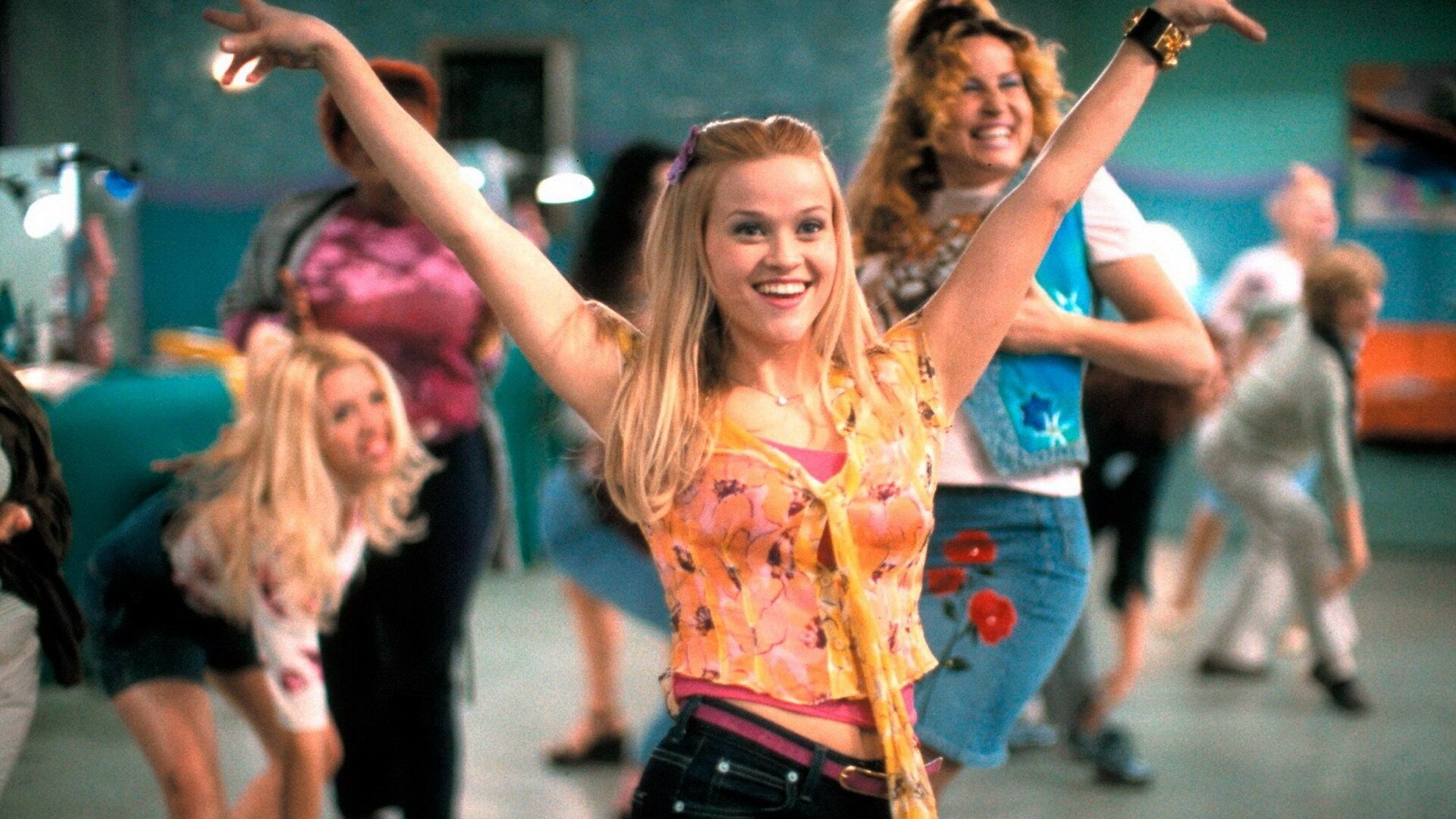
The Story: A fashion-loving sorority girl enrolls at Harvard Law to win back her ex—but discovers her knack for legal strategy and self-worth along the way.
Why She’s Iconic: Elle challenges the “dumb blonde” stereotype with humor and heart. Her pink-clad brilliance (“Bend and snap!”) proves femininity and intellect aren’t mutually exclusive.
Legacy: The film spawned a Broadway musical and remains a rallying cry against misogyny. Elle’s mantra—”You must always have faith in yourself”—resonates decades later.
10. Thelma & Louise (1991)
Director: Ridley Scott
Leads: Thelma (Geena Davis) and Louise (Susan Sarandon)

The Story: Two friends embark on a road trip that spirals into a fugitive run after Louise kills a would-be rapist. Their journey becomes a rebellion against patriarchal oppression.
Why They’re Iconic: Thelma’s transformation from submissive housewife to outlaw and Louise’s hardened pragmatism embody female solidarity. The controversial ending—a defiant leap into the Grand Canyon—cements their status as feminist icons.
Legacy: The film ignited debates about agency and violence, while its unapologetic portrayal of female friendship influenced shows like Sex and the City.
